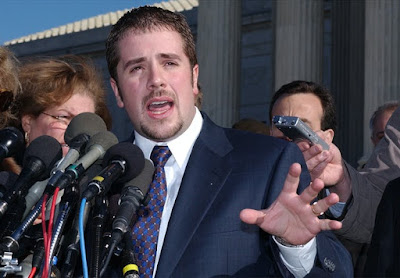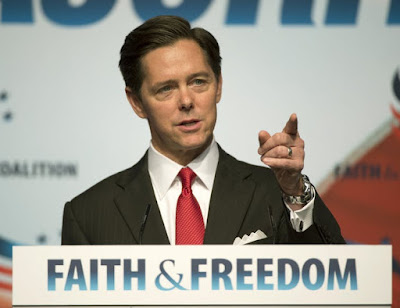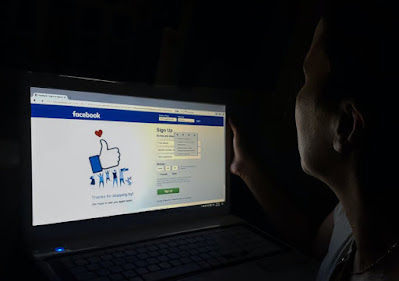Do institution coupons enhance outcomes? It depends upon what we ask

A collection of records on Louisiana's statewide institution voucher program just lately exposed a variety of essential functions of that program's procedure and general efficiency. One of the most surprising of these records suggested that trainees that utilized institution coupons carried out a lot even worse on standard examinations compared to those that stayed in conventional public institutions. This outcome echoes proof provided last month from a different group of scholars, that discovered unfavorable effects after one year of voucher utilize in Louisiana. The newest examine not just verified that discovering, however revealed the pattern persisting – albeit much less seriously – after 2 years of voucher utilize also. Institution coupons offer openly moneyed tuition – generally for low-income households – to go to personal institutions. And these records offer the initially proof that taking part in such a system might damage kids' scholastic accomplishment, at the








